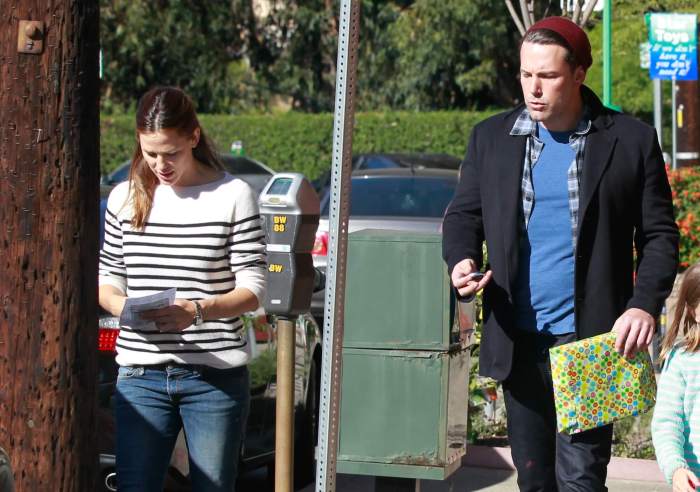The state’s highest court has weighed in on spanking for the second time this year, this time ruling against the practice as a way to discipline children.
The Massachusetts Supreme Judicial Court ruled Monday that parents who admit to using corporal punishment — such as striking a child — can be kept from fostering children through the Department of Children and Families. The decision marks an important shift away from discipline that just doesn’t work, experts told Metro this week.
RELATED:Parenting peer pressure is real “The bottom line is, none of the research that’s been done shows it’s been effective,” said Jetta Bernie, executive director of Boston-based MassKids. “If a child, for example, writes on the wall with crayon and the parent physically hurts them, it doesn’t really give the kid a lesson on how to properly use crayons.” The stakes are especially high for foster children, she said, many of whom were the victims of abuse and may be “re-traumatized” by violent punishment at home.
Despite Monday’s ruling, though, it isn’t as if the state is cracking down on spanking. The same court in June ruled that parents could spank their children, but only as long as the child isn’t harmed and the spanking is done with “reasonable” force, according to The Boston Globe. That decision came after a Brockton man was charged with assault for spanking his daughter at a bus stop. Corporal punishment remains popular among many parents: a national study in 2014 showed 76 percent of men and 65 percent of women believe it’s OK to spank children, and 94 percent reported they spanked a child in the previous year. RELATED:3 Kickstarter campaigns could transform parental problem-solving But attitudes are changing, said Ryan Madigan, director of the Boston Child Study Center.
“Less and less it’s the primary tool parents are using, whereas 30 or 40 years ago it was the accepted, standard go-to,” Madigan said.
Child psychologists told Metro other approaches, like using timeouts, taking away privileges or allowing a child to make up for bad behavior by cleaning the house, work better, even with the most difficult kids. “We’ve demonstrated you can reduce severe challenging behavior for kids with severe difficulties without the use of power, control or corporal punishment,” said Stuart Ablon, director of the Think:Kids program at Massachusetts General Hospital. “There are proven alternatives.” RELATED:Mandatory Islam class? Mass. court to decide
They also, to a person, said rewarding kids for good behavior and being a good role model should be parents’ focus. Maybe the most important tool a parent can use is to ask a child to apologize, then accept the apology, said Gene Beresin, executive director of the MGH Clay Center for Young Healthy Minds. “If we only taught our kids to apologize – if we could only, as adults, apologize and see apology in action — we’d have far less conflict,” Beresin said. “If you smack a child, it teaches the child that wrongful behavior is dealt with with violence. Violence begets violence.”
State’s anti-spanking ruling a step forward: Experts

Flickr/Brian Turner
























